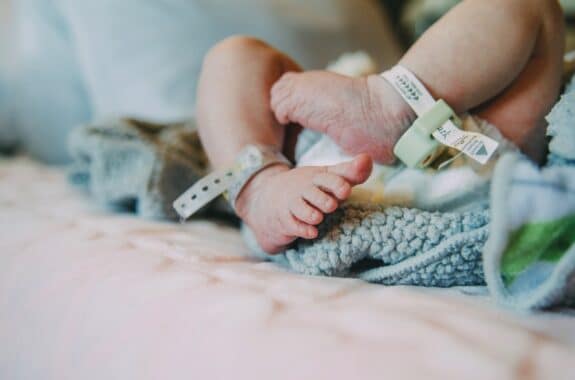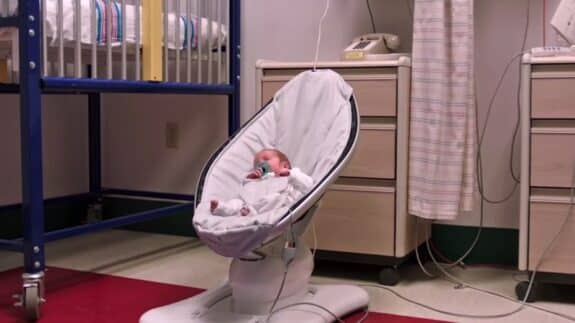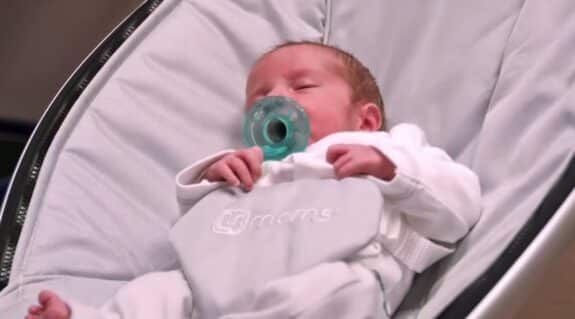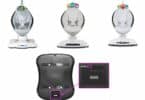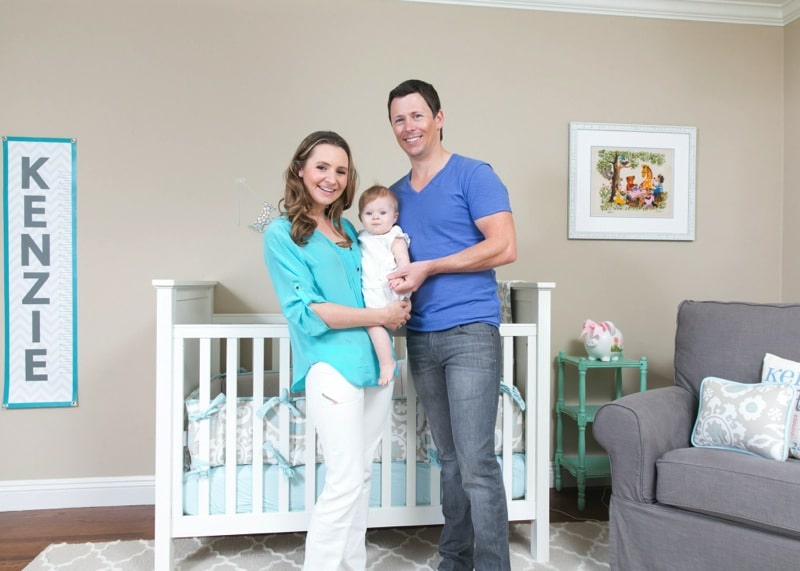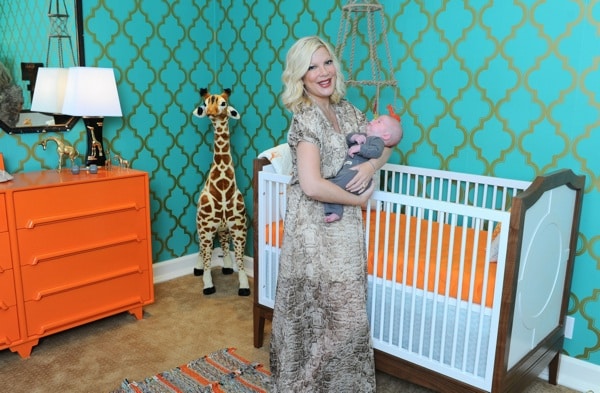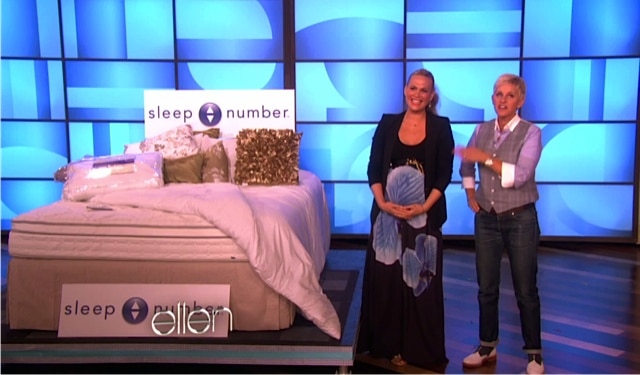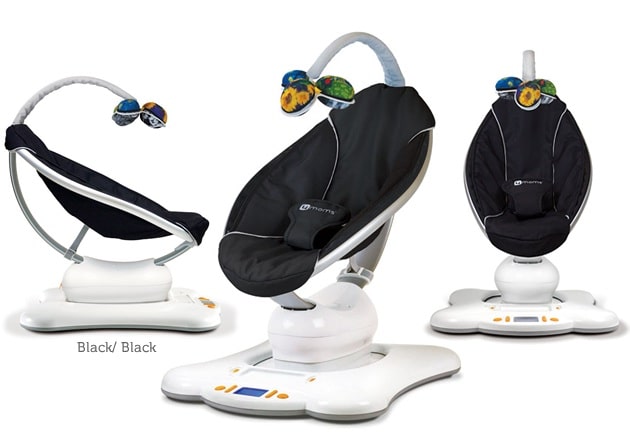It is estimated that one baby born every 25 minutes suffers from opiate withdrawal. This is a five-fold increase in the proportion of babies born with Neonatal Abstinence Syndrome(NAS) from 2000 to 2012. While a full-term, healthy baby stays in the hospital for an average of 2 days after they’re born, newborns with NAS stay in the hospital an average of 16.9 days in order to receive the care they need to recover from their severe withdrawal symptoms.
Babies experience NAS or NOW (Neonatal Opioid Withdrawal) because of exposure in the womb to opioids. They typically experience body shakes, seizures, fussiness, poor feeding and breathing problems, among other symptoms, after being born. Traditional pharmacologic treatment for NAS involves medicine like morphine or methadone, while non-pharmacological treatments like swaddling, skin-to-skin care, and breastfeeding have been shown to reduce the symptoms.
Because nurses and volunteers aren’t available to hug and cuddle these babies around the clock some facilities have been using the 4moms mamaRoo to provide comfort to them and the results are impressive.
This initial data, conducted by the National Perinatal Association (NPA) and 4moms, shows that babies placed in the mamaRoo infant seat after 30 minutes were more physiologically stable – having lower heart and respiratory rates – and were in a calmer behavioral state, as assessed by their nurses.
“For years, nurses and doctors have told us that the natural bounce and sway motion of the mamaRoo is a life-saver in the NICU,” said Maria Synan, 4moms Hospital Program Manager. “To date, we’ve only had anecdotal stories, so when the NPA approached us to conduct a pilot study to see if the mamaRoo could help soothe babies diagnosed with NAS/NOW, we were eager to work with them.”
According to the Centers for Disease Control, an estimated six out of every 1,000 infants born in the U.S. are diagnosed with NAS.
“The rate of American babies diagnosed with NAS has quadrupled over the past 15 years,” explained Cheryl Milford, Director of Development & Outreach at the NPA. “We are constantly looking for new non-pharmacological treatments to help console these babies when the parents aren’t able to be present. These preliminary results indicate that the mamaRoo is a great option.”
The pilot study, conducted over a three-month period, analyzed 119 assessments from six hospitals across the United States. Nurses recorded the baby’s heart rate, respiratory rate, and overall behavioral state on a scale of 1-6 (1 = calm, 6 = inconsolable) at six different points in time. These included: 1) pre- mamaRoo/in crib, 2) initially seated in the mamaRoo (mamaRoo off), 3) 10 minutes in the mamaRoo (while moving), 4) 30 minutes in the mamaRoo (while moving), 5) 10 minutes out of the mamaRoo (in crib), and 6) 30 minutes out of the mamaRoo (in crib).
Amongst the most promising results were a stabilization in heart and respiratory rate while seated in the mamaRoo for 30 minutes when compared to vital signs while in the crib. A significant change in behavioral state was seen from the pre-mamaRoo state (~ 4.7) to 30 minutes in the mamaRoo (~1.4), showing the mamaRoo can help soothe babies experiencing the uncomfortable symptoms associated with NAS.
“These results are extremely promising. The hospital savings from these types of non-pharmacological treatments could be significant,” said Milford. “We’ll be conducting a more comprehensive, multi-site research study in 2019 to further validate the preliminary findings, and to support the development a set of guidelines for how to use the mamaRoo with these vulnerable babies.”
The mamaRoo is the only infant seat on the market that bounces up and down and sways from side to side, just as parents do. It has five unique motions to calm and soothe babies and currently is in use in nearly 375 hospitals across the country. The 4moms Hospital Program offers mamaRoo discounts to hospitals, while the 4moms Cares program provides monthly donations to those in need.
“We’re thrilled to have the preliminary data that supports the benefits of the mamaRoo with this fragile patient population,” said Synan. “But it also speaks to the efficacy of the mamaRoo’s unique bounce and sway motions to comfort and soothe all babies.”
The manuscript for this pilot study is in process as a joint effort between NPA and 4moms. To further validate these results, a multicenter trial is being finalized.

